Colombia just elected its first ever openly LGBT senator
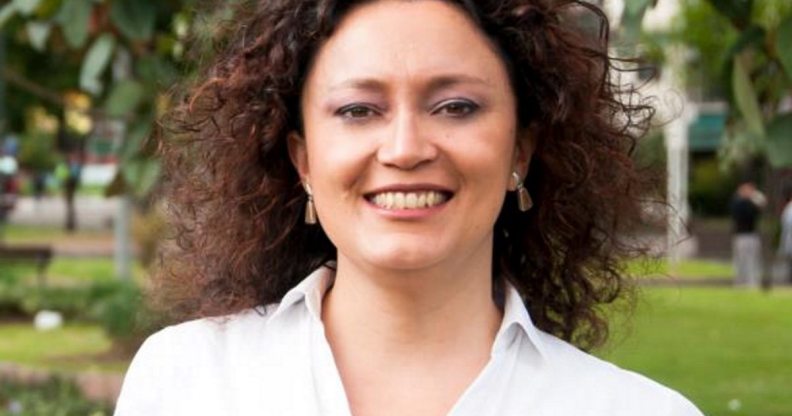
(Facebook/Angélica Lozano Correa)
Angélica Lozano has become Colombia’s first ever openly LGBT person to be elected to the country’s Senate.
The bisexual congresswoman won a place in the upper house with 105,299 votes, as her Green Alliance party took 10 seats in the Senate.
Lozano’s partner is Senator Claudia López, who was elected to the Senate in 2014 before she came out to the public.

(Facebook/Angélica Lozano Correa)
In a simple message on her campaign’s Facebook page, Lozano wrote: “We made it! Thank you!”
The bisexual Senator used to be on the Bogotá City Council, and was elected to the country’s House of Representatives in 2014.
She was joined in Congress by an openly gay Green Alliance representative Mauricio Toro, who will take his place in the House after receiving more than 19,045 votes.
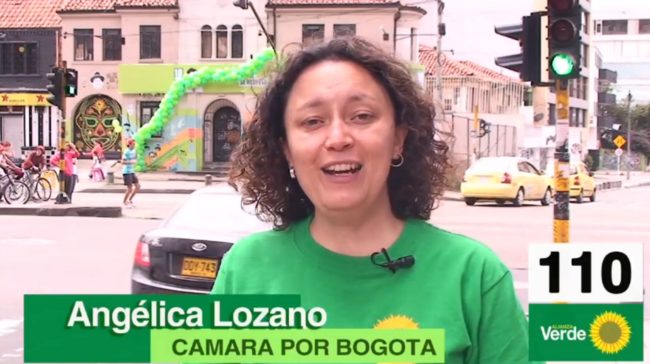
(YouTube/Partido Alianza Verde Colombia)
Openly transgender women Tatiana Piñeros made history by standing for the Senate with left-wing coalition Lista de la Decencia, but fell short of victory.
Colombia legalised same-sex marriage in 2016.
The year before, the country’s highest court lifted a ban on same-sex couples adopting children.
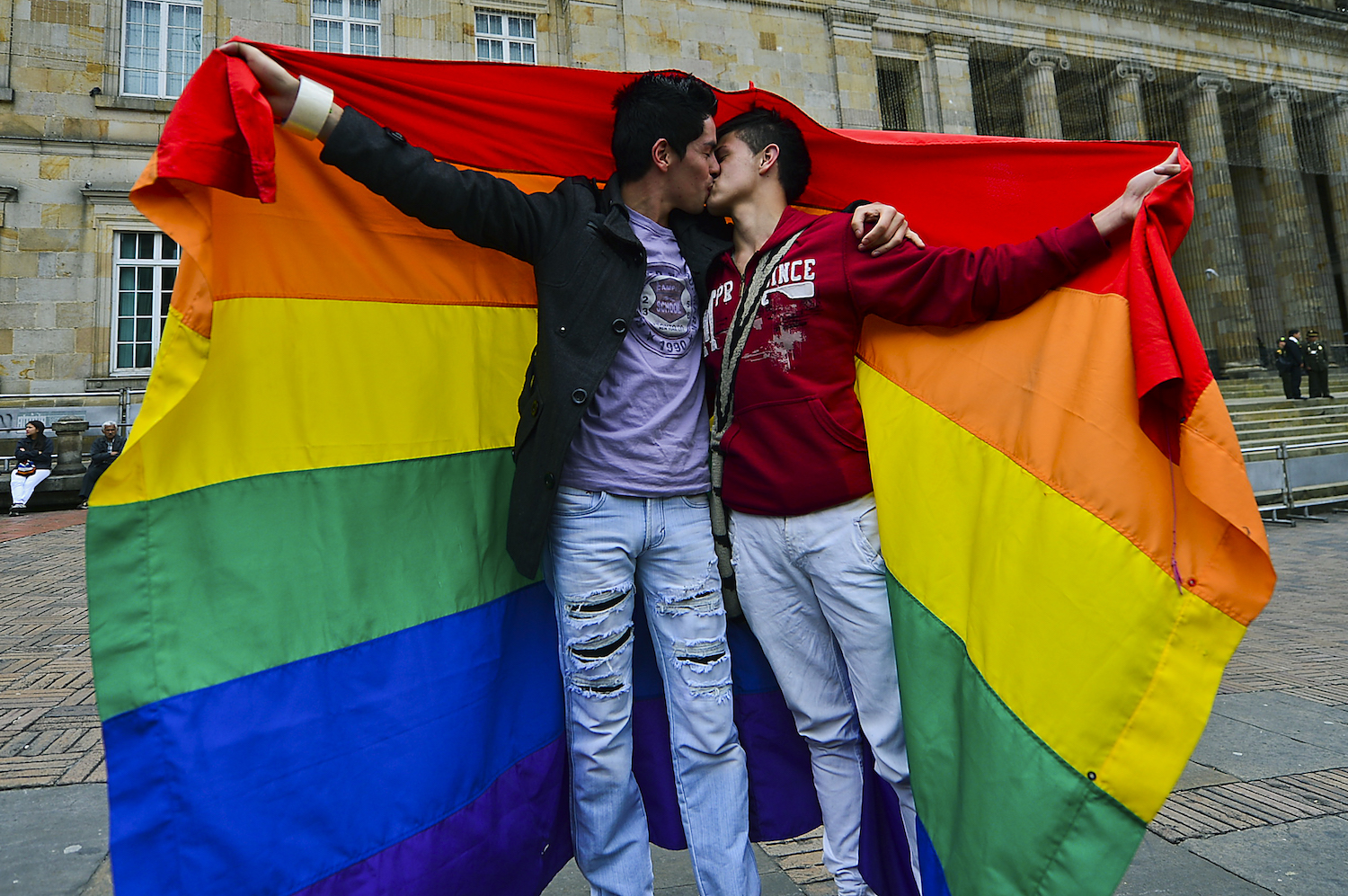
Colombian LGBT rally (Getty)
And last year, three gay men in Colombia married each other and were legally recognised as the country’s first polyamorous family.
Actor Victor Hugo Prada and his two partners, journalist Manuel Jose Bermudez and sports instructor John Alejandro Rodriguez, signed the legal documents earlier this month.
These documents establish them as a family with inheritance rights in the eyes of the law.
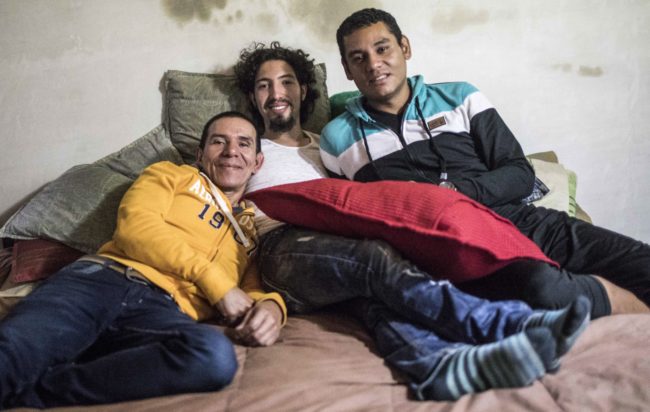
(Getty)
It’s not all good news for LGBT Colombians, though.
The conflict between the Revolutionary Armed Forces of Colombia (FARC) and the Colombian government has destroyed buildings, railroads and lives, with more than 260,000 killed in the conflict.
And LGBT people have been among the worst affected.
Colombians are being encouraged to seek financial reparations through the government – but it appears in the process, it is LGBT+ people who are missing out.
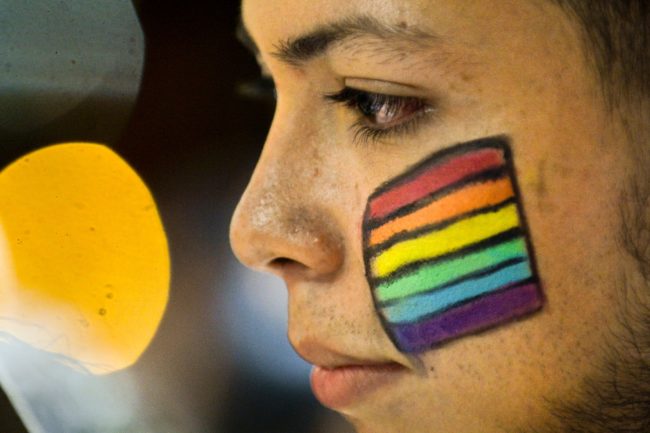
(Getty)
In order to claim for reparations, a Colombian citizen has to make a declaration of victimhood to the government.
However, the process means that LGBT+ people have to come out to the authorities – and may face a host of discrimination as a consequence.
The government estimates that there are 8,632,032 victims in the conflict, and handed out approximately ¢7 million in damages last year.
Out of the 730,000 civilians who have claimed reparations so far, just 2,000 were LGBT people.

